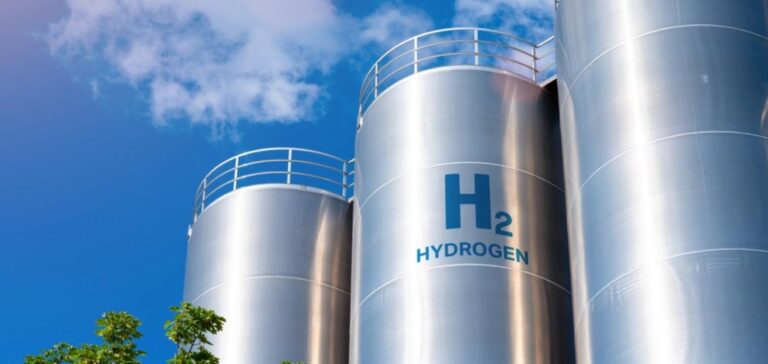Lotte Chemical and Syzygy Plasmonics have reached a decisive milestone for hydrogen by successfully testing the world’s largest all-electric ammonia cracking system. Installed in Ulsan, South Korea, the Rigel™ reactor achieved record-breaking performance with stable production of 290 kilograms of hydrogen per day, an energy efficiency rate of 81%, and a consumption of 11 kWh per kilogram produced. These results strengthen the attractiveness of this technology for Asian industries, where the demand for hydrogen is rapidly growing.
A Technological Advancement with Economic Impact
The tests conducted by Lotte Chemical and Syzygy go beyond technical achievements. By leveraging a localized and scalable production model, the partners aim to optimize costs related to the import and transformation of hydrogen. This technology could reduce expenses traditionally associated with the compression and transport of liquid hydrogen, a key factor for Asian markets that rely heavily on imported energy resources.
For companies operating in industrial and energy sectors, the implications are significant. Improved energy efficiency lowers operational costs, while simplified logistics mitigate supply chain risks. These factors could drive the development of new industrial applications and enhance South Korea’s export capacity as it seeks to establish itself as a regional hydrogen hub.
Next Steps and Commercial Deployment
The data gathered during these trials provides Syzygy with a clear roadmap for developing even more efficient reactors. The stated goal is to reduce energy consumption to 8 kWh per kilogram of hydrogen produced in future versions of the Rigel™ cell. Furthermore, Lotte Chemical plans to build a small-scale commercial plant to test industrial-level production capabilities.
Asian financial actors and governments are closely monitoring this project, which could redefine hydrogen supply chains in the region. With markets like Japan and Eastern Europe also seeking reliable and competitive solutions, the success of this collaboration between Lotte and Syzygy could influence strategic decisions far beyond South Korean borders.






















